Cannabidiol, a molecule from the cannabinoid family, is enjoying growing popularity among consumers. But what is it really? Is it dangerous for your health? An overview of this popular molecule.
Cannabidiol, or CBD, is a naturally occurring molecule derived from hemp. This plant contains nearly 200 molecules, including CBC, CBG, CBN, and flavonoids. It is also widely used in various fields, such as cosmetics, food processing, and energy. Note that CBD also exists in a synthetic form, but its use is not as popular as that of natural origin.
This molecule was first officially extracted from hemp in 1940. However, its benefits have only been popularized among the general public in recent years. As a reminder, CBD is said to be effective in combating stress and anxiety. It also helps reduce certain types of ailments such as muscle pain, painful periods, etc. Furthermore, its success stems from the fact that it is a 100% natural solution, without toxic products or significant side effects for consumers.
Is CBD dangerous?
Rest assured, CBD is not a drug, as some might suggest. According to the WHO, this molecule is not addictive, even if consumed in large quantities. It is therefore non-toxic and well tolerated by the body. However, CBD and THC should not be mixed. The latter, also known as delta-9-tetrahydrocannabinol, is an active molecule also found in hemp. THC is dangerous for your health and causes the euphoric and psychotropic effects of a drug.
The WHO Expert Committee on Drug Dependence has conducted numerous studies on CBD. According to their analysis, the consumption of this product is "safe, well-tolerated, and not associated with any public health risks." According to their research, this molecule does not imply any form of addiction or harmful effects on the body. Their 2018 report even mentions the fact that there is "no scientific evidence of the recreational use of CBD or public health problems associated with the consumption of the pure substance" nor "psychoactive effects or risk of abuse or dependence." Recently, the World Anti-Doping Agency even removed CBD from the list of doping products for use in sports competitions.
Is CBD legal?
French legislation ensures consumer safety by monitoring products sold on the market. Generally speaking, the sale and consumption of finished products containing CBD are completely legal in France. However, if the products contain more than 0.2% THC, they will be subject to specific restrictions. For your information, an independent laboratory is responsible for measuring the THC content in CBD Soin de toi products to ensure their market approval.
Some concepts to remember
- The endocannabinoid system
First of all, it's important to know that endocannabinoids are cannabinoids produced naturally by our bodies. The endocannabinoid system, for its part, constitutes the largest network of neurotransmitters in the body. It is composed of a multitude of cellular receptors distributed throughout our body. It is notably involved in optimizing our well-being through the regulation of various physiological functions of the human body such as sleep, body temperature, water and blood sugar levels, blood pressure, etc.
- Homeostasis
This is a process that results in maintaining a state of balance in our internal environment despite external constraints. This mechanism is possible thanks to the cannabinoid receptors of the endocannabinoid system, which are activated in the event of disorders. The latter mainly helps the body to stabilize itself in order to return to its initial state.
- The entourage effect
It refers to the interaction of hemp compounds to form synergies that confer certain specific properties to the mixture. Thus, when the other cannabinoids in hemp are combined with CBD, other effects can be observed.
What are the types of CBD?
The molecules that make up CBD can vary depending on the extraction methods used. We can distinguish:
- Full Spectrum CBD: All of the hemp's components are preserved during extraction. It may contain a low THC content, up to 0.2%. This provides the highest possible entourage effect without making the product illegal.
- Broad Spectrum CBD: Just like full spectrum CBD, all of the hemp molecules have been retained, except for THC. It therefore produces no psychotropic or addictive effects, and avoids the presence of THC during blood tests. It also benefits from the entourage effect.
- CBD Isolate: This type of extract is obtained by distilling hemp ends using CO2 or ethanol. Since it is composed solely of CBD, no entourage effect is possible.
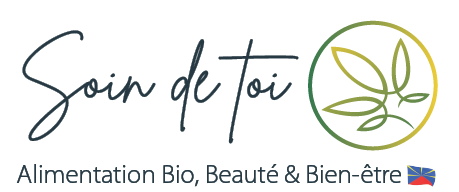
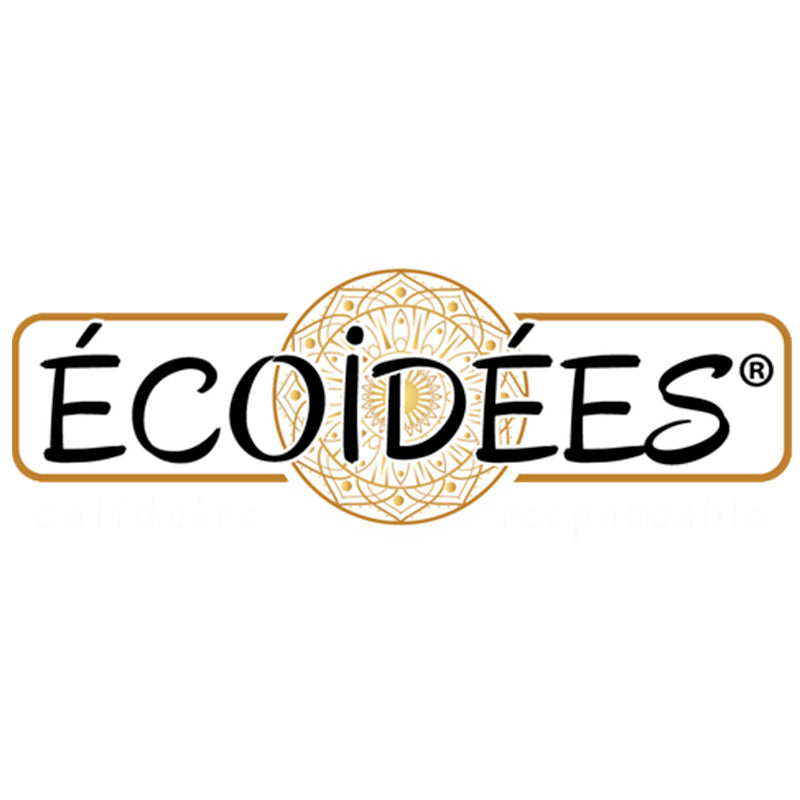

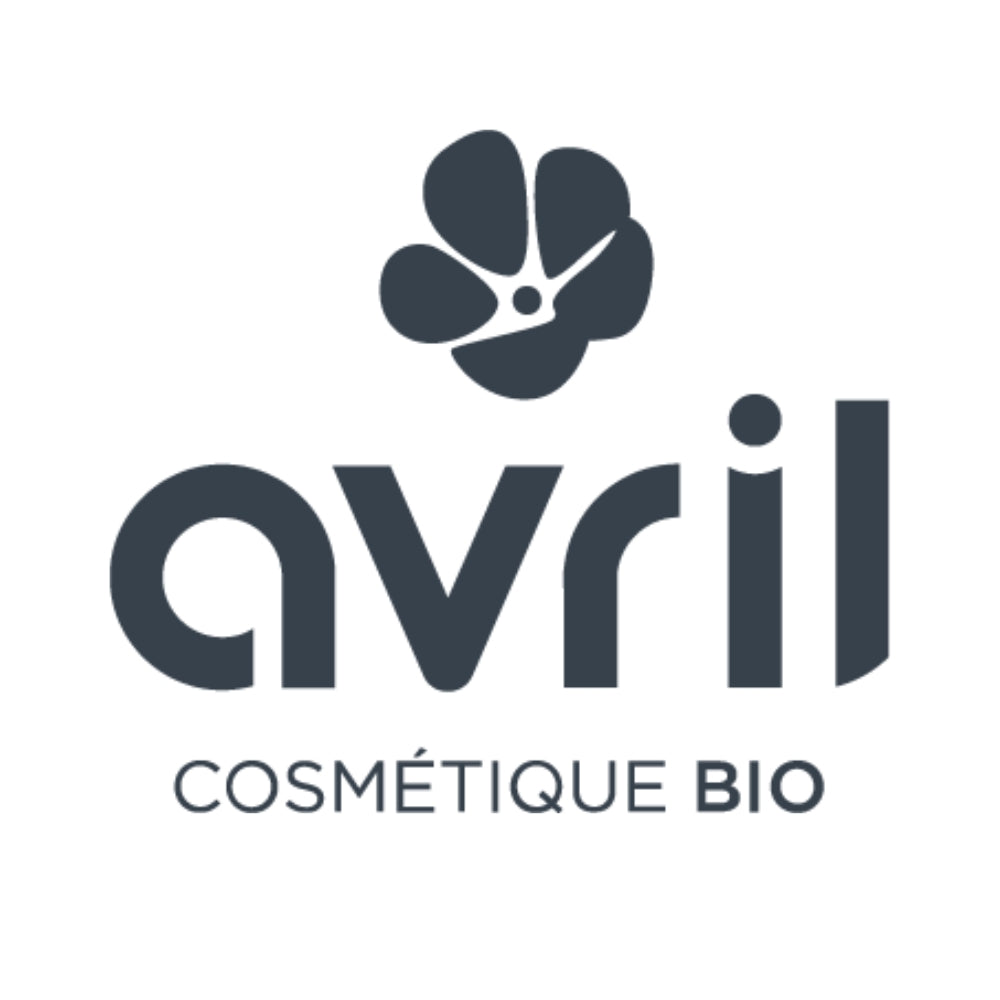
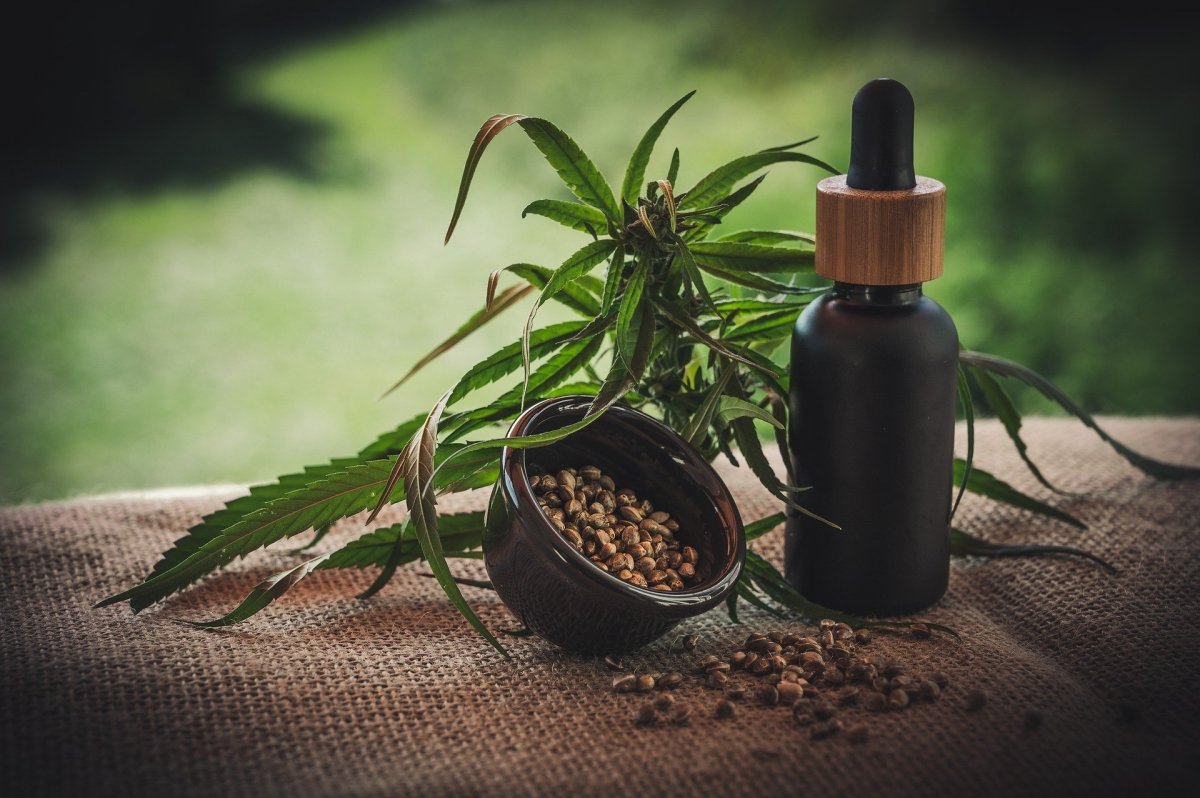
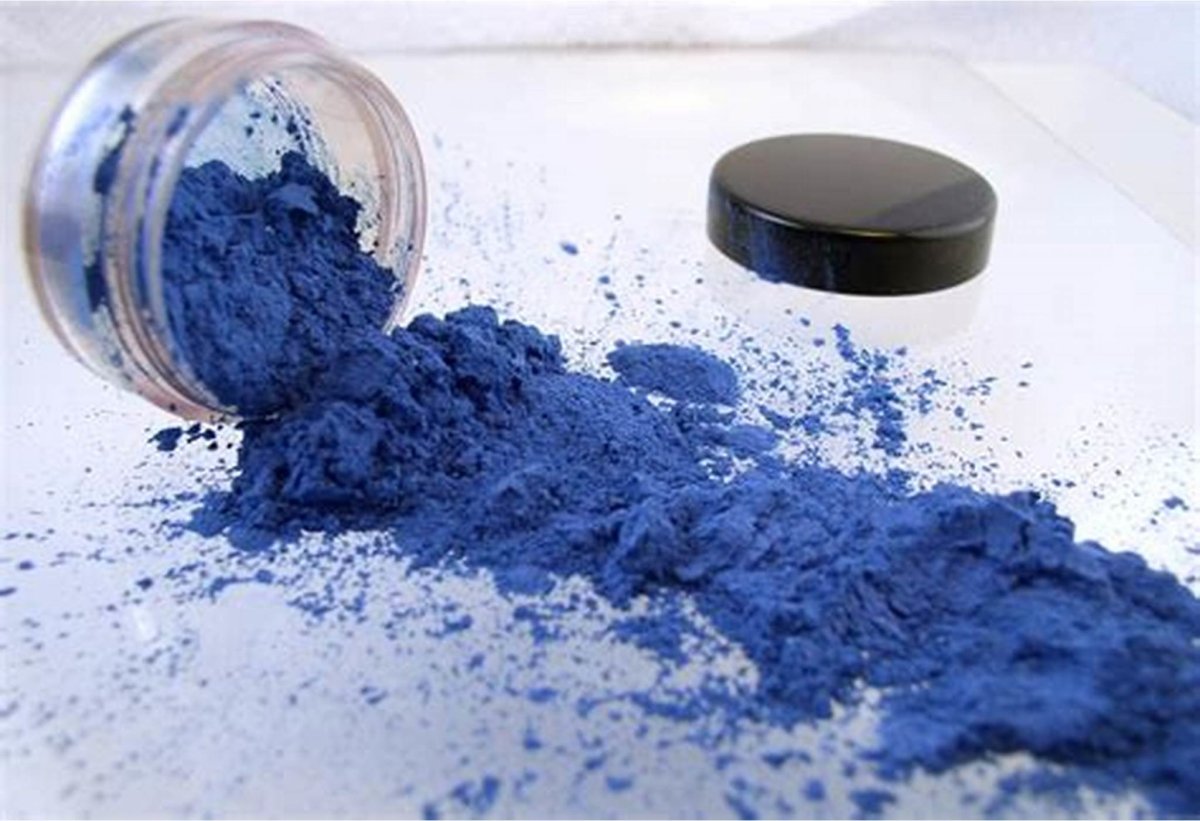
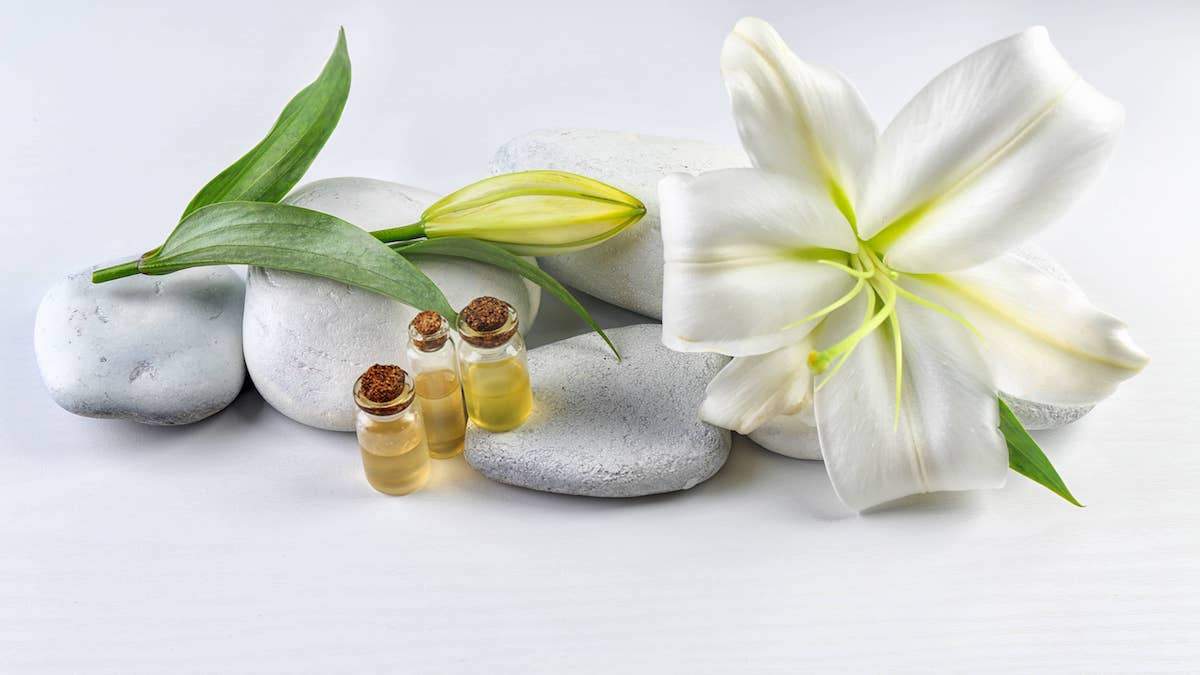

Leave a comment
All comments are moderated before being published.
This site is protected by hCaptcha and the hCaptcha Privacy Policy and Terms of Service apply.